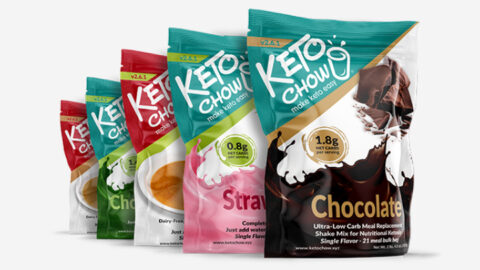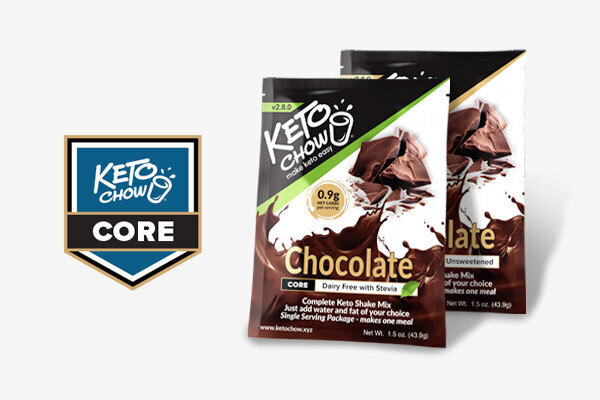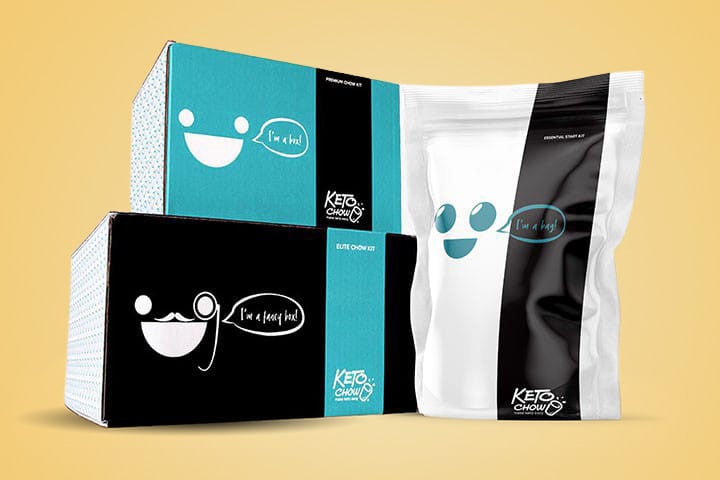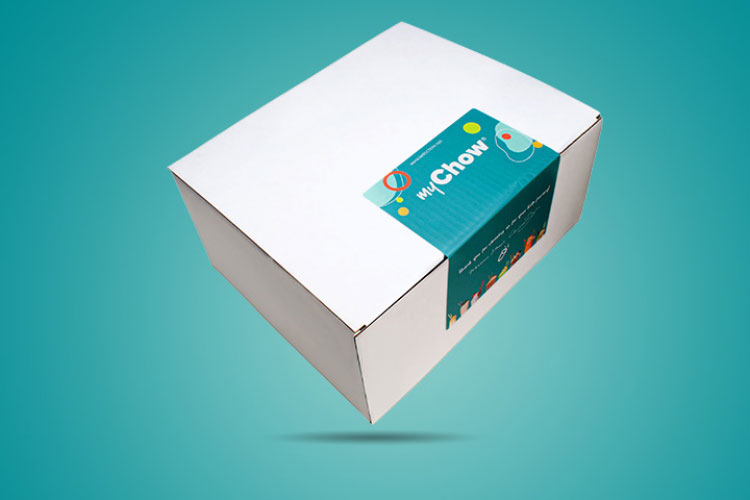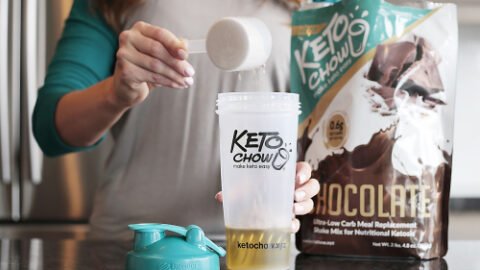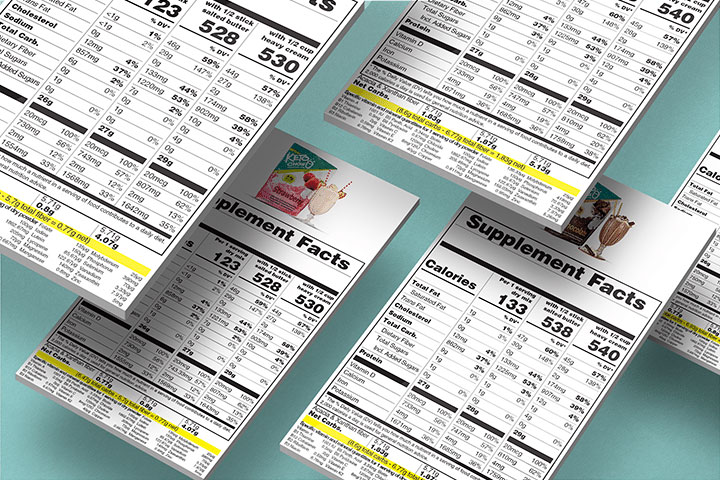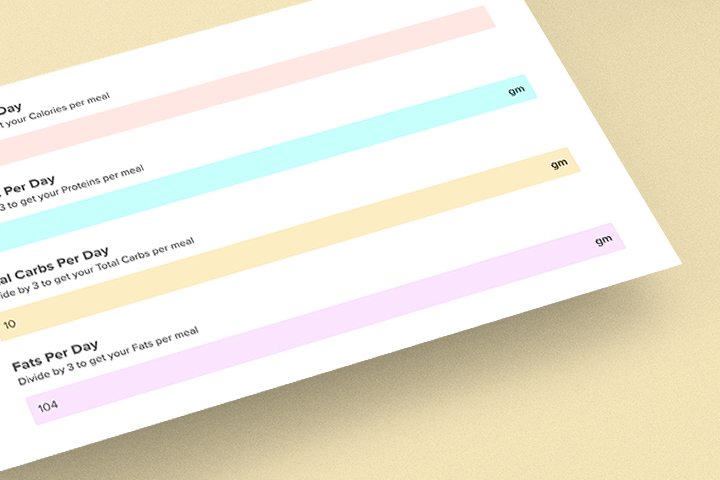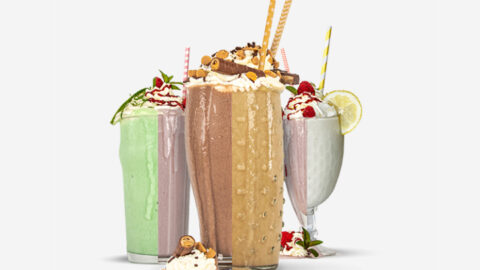Your keto doesn’t need to be radically different from the way your husband, brother, father, son, or male acquaintance does keto. Don’t be afraid to eat a substantial amount of protein, and try not to turn your meals into calculus homework.
We often hear about men losing weight more quickly and easily than women. Does that mean that keto is or should be different for men and women? Not necessarily.
A healthy diet is a healthy diet, regardless of your biological sex. Animals in the wild don’t typically seek out different foods based on their sex chromosomes. That said, we humans love to overcomplicate things—especially when it comes to diet. So, are there special issues women should be aware of with keto diets?
Issues specific to women
Ketogenic diets are beneficial for certain medical issues that are exclusive to women or that affect women disproportionately compared to men.
PCOS

The one for which keto shows the most evidence for being helpful is polycystic ovarian syndrome (PCOS).
The primary cause of PCOS is chronically elevated insulin, so any way of eating that helps to lower insulin levels could be beneficial. Keto diets just happen to be more effective for lowering insulin than many other strategies.
Studies on keto for PCOS show that this ultra low-carb way of eating results in lower insulin and free testosterone, and an improved ratio of luteinizing hormone to follicle-stimulating hormone.
These hormonal changes can help reverse some of the signs and symptoms of PCOS, and some women with PCOS who follow keto diets are able to conceive children naturally—even after previous attempts with fertility treatments were unsuccessful.
Lipedema

Another condition that affects far more women than men is lipedema. Lipedema is a fat tissue disorder that affects nearly ten percent of women—yet many don’t even know they have it. Lipedema is notoriously difficult to treat, and lipedema fat typically doesn’t respond to diet and exercise the way other body fat does.
Research on keto for lipedema is only just getting started but there are already some promising results. Women with lipedema are experiencing unprecedented improvements in the pain and inflammation associated with lipedema, and keto seems to be the only way of eating that actually does impact (i.e. reduce) the lipidemic fat.
PMS

Other female-specific issues for which keto may be helpful include premenstrual syndrome (PMS) and endometriosis. Fibromyalgia affects women far more than men, and this is another condition that keto might improve. Unfortunately, research looking at keto for these issues is a giant black hole.
Many women report that these things have gotten better since they adopted a keto diet, but these are anecdotal accounts. There’s a complete lack of randomized clinical trials studying the effects of keto on these things. (The good news is, you don’t need a bunch of egghead researchers to tell you whether you feel better on keto. That’s easy enough to figure out on your own!)
Periods

Speaking of PMS, ladies, you might notice that you have more carb cravings ahead of your period. If you know this is a pattern for you, have a plan in place for navigating through smoothly.
It’s entirely up to you: would you prefer to have lots of choices on hand that can quiet a carb craving—things like salami, pickles, cheese, olives, or pork rinds? Or would it work better for you to keep a stash of go-to keto goodies that can give you what you want without racking up the carbs? (How about cinnamon granola, chocolate peanut butter balls, or lemon snap cookies?)
Just know that this monthly visitor doesn’t have to derail you every time. You know it’s coming, so be prepared. Set yourself up to sail through without having to “get back on track” because of a carb bender. Also keep in mind that you’ll have a pretty predictable bump up on the scale if you weigh yourself around your period.
Remind yourself that this is water retention—not body fat—and it’ll go away as soon as Aunt Flo packs her bags. So either stay off the scale that week, or if you do weigh yourself, just remember it’s only water and isn’t cause for disappointment.
Social misconceptions for women on keto

Women don’t need to follow completely different ketogenic diets than men follow. After all, glucose is glucose, zinc is zinc, riboflavin is riboflavin. Livers are livers, pancreases are pancreases. The effects of macro- and micronutrients don’t change based on biological sex.
There are some pitfalls that women may run into more often than men, but this isn’t due to anatomical or biochemical differences. It has more to do with social and cultural conditioning.
Protein intake

The most glaring example of this is in protein intake. For far too long, women have been told that an appropriate portion of protein in a meal is about 3-4 ounces, or approximately the size of the palm of their hand or a deck of cards.
This has no basis whatsoever in human physiology or digestion and comes almost entirely from pop culture magazines and there are no scientific facts to substantiate it. If this is all a woman is truly hungry for, then she shouldn’t force herself to eat more, but nor should she force herself to go hungry because eating more than that would be “too much protein.”
Don’t eat too much

After all, you’ve got to get energy from somewhere. If you’re following a keto diet, then you’re keeping carbs very low. You could eat more fat—and that works well for some women—but many women find that overdoing dietary fat can be the culprit behind weight loss stalls or plateaus. So what’s left to eat at that point? Protein!
To be clear, women don’t need to gorge on protein. But they don’t need to restrict themselves to only a few ounces per meal or per day, either. That is outdated, unscientific thinking and should be relegated to the dustbin of history, where it belongs.
Get an adequate protein intake

Women spend money on slickly marketed supplements for hair and nails, when simply increasing protein intake is the best way to support and strengthen healthy hair and nails. Adequate protein intake is also critical for bone health, so women living with osteopenia or osteoporosis are well advised to increase their protein intake. Bones aren’t sticks of calcium. The main constituent of bone is … protein!
Plus, protein foods—especially animal proteins—are loaded with vitamins and minerals. When we hear “vitamins and minerals,” an image often comes to mind of brightly colored vegetables and fruit. And sure, plant foods provide nutrients, but there are certain nutrients that are better absorbed from animal foods than from plants—including ones women tend to be low in, such as iron.
Keto and hormones

Skimping on protein isn’t the only potential pitfall for women on keto diets. Compared to men, women are more likely to have a long history of overall calorie restriction.
Many women start keto with the same “eat less, move more” dieting mentality they had in the past, where every calorie, every gram of everything, needed to fall below a certain limit for weight loss. (And if it didn’t, then there was penance to be done on a treadmill or elliptical machine to “burn off” or “make up for” the extra.)
Don’t micromanage

Keto is different. While there are exceptions—especially when using a ketogenic diet as a medical therapy for a serious condition—most people using keto for weight loss or overall health don’t need to micromanage calories, grams, or macros.
Women may be afraid to genuinely trust the process and eat until they’re satisfied, especially when their keto diet includes things that were totally off-limits with other approaches, like fatty steaks, bacon, whole eggs, and chicken with the skin.
Get enough nutrition

Going too low on total food intake can be especially problematic if it’s combined with fasting. Skipping a meal here and there because you’re genuinely not hungry is totally fine. (In fact, this is a pretty common scenario for people on keto, regardless of gender.)
But women who spend extended periods of time without food may not be consuming enough nutrition to meet their needs during the times when they’re not fasting, owing again to the restrictive mindset from past attempts at “dieting.”
The same might apply to women doing “OMAD” (one meal a day). Due to cultural conditioning, most women will not eat a large enough meal to get everything they need if they’re eating only one meal per day. (One meal a day is fine once in a while, but it can be problematic over the long term.)
Restricting total food intake is a recipe for disaster on keto. For starters, you can only outsmart biology for so long. Eventually, hunger will win out and you’ll find yourself eyeball-deep in a carton of ice cream or family-size bag of chips.
Slowing your metabolic rate

Beyond that, if you combine long-term calorie restriction with over-exercising, it’s only natural that the body would engage a protective mechanism and slow its metabolic rate. (So that you don’t crash and burn!) This is likely what’s behind anecdotal reports of keto causing thyroid problems for women. The problem isn’t keto, per se, but rather, how it’s implemented.
This slowdown in metabolic rate isn’t specific to keto. It could result from any way of eating where someone excessively restricts food intake, particularly when the need for energy and nutrients is increased, like with regular exercise.
Bottom line

What does this mean for women on keto diets? Don’t overthink things.
Your keto doesn’t need to be radically different from the way your husband, brother, father, son, or male acquaintance does keto. Don’t be afraid to eat a substantial amount of protein, and try not to turn your meals into calculus homework. (If getting all the numbers exactly right had worked for you in the past, you probably wouldn’t have tried keto in the first place!)
Listen to your body. If you feel overly hungry or you feel fatigued, record what you eat for a few days and make sure you’re getting enough food and enough salt.
And a word to the wise: ladies, don’t compare your weight loss to a man’s! Men tend to lose weight more quickly than women, even when they’re not as strict with keto. It’s not fair, but there’s not much you can do about it. Remind yourself that you’re not in competition with anyone, male or female.
Stay committed to the process for the long term and you’ll get the results you want.
Make keto easy
If you’re sick of meal prepping for keto, then we’ve got a solution for you: Keto Chow! Keto Chow is a meal replacement shake with 1/3 of your daily recommended nutrients, which means it has all the fiber, protein, vitamins, and minerals that you need in a meal. Plus Keto Chow shakes are low carb.
Choose from over 30 flavors!
